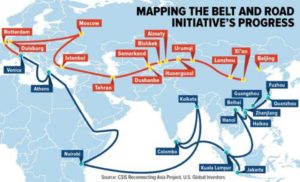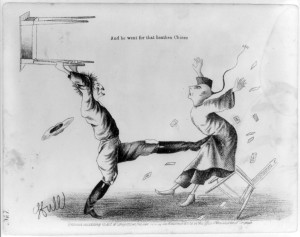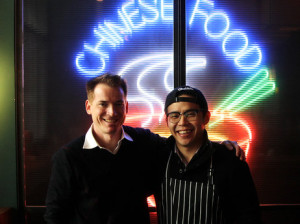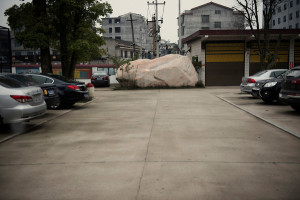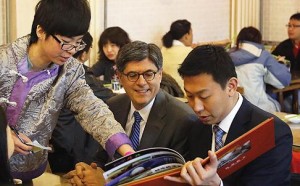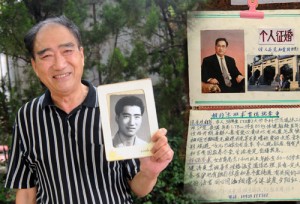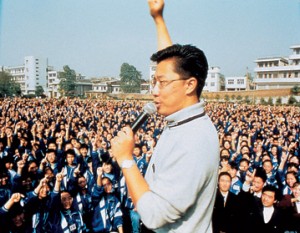 The President of the United States today labeled the Novel Coronavirus outbreak a “new hoax” from the Democratic party. It’s far from being a hoax, as the number of people infected with COVID-19 has continued to mount, particularly in countries other than China, where the disease originated. Particularly worrisome are outbreaks in South Korea, Italy, and Iran. Numerous cases in the US are reported as well, including some representing community transmission, i.e. not connected with known travel to infected areas or contact with others already infected. Today the first death in the US was reported.
The President of the United States today labeled the Novel Coronavirus outbreak a “new hoax” from the Democratic party. It’s far from being a hoax, as the number of people infected with COVID-19 has continued to mount, particularly in countries other than China, where the disease originated. Particularly worrisome are outbreaks in South Korea, Italy, and Iran. Numerous cases in the US are reported as well, including some representing community transmission, i.e. not connected with known travel to infected areas or contact with others already infected. Today the first death in the US was reported.
The virus has led to understandable concern everywhere and to draconian measures to contain its spread in infected areas. Less rational are reported incidents in currently unaffected areas in which individuals perceived to be Chinese – or just Asian – are being singled out for prejudicial treatment or even abuse. CNN reported recently on a number of such incidents, demonstrating that “rampant ignorance and misinformation [about the virus] has led to racist and xenophobic attacks against fellow Americans or anyone in the US who looks East Asian”. A byproduct of those misinformed views is that Chinese-American businesses are losing customers, particularly Chinese restaurants. Normally popular and busy restaurants have become virtually empty. One response on Twitter recommended a possible response:
Air travel has been severely affected by the virus, with wide-spread reduction or cancellation of flights to and from affected areas. Global trade has been disrupted as well, with suppliers and manufacturers not being able to sustain normal supply chains. Apple, for example, has warned that its revenues will be down due to Chinese factories being shut down. While these developments result from one specific event, the virus outbreak, its repercussions point to the vulnerabilities of the massively globalized economic world in which we live. An article in the NY Times this week speaks to that phenomenon:
Even before the virus arrived in Europe, climate change, security concerns and complaints about unfair trade had intensified anxieties about global air travel and globalized industrial supply chains, as well as reinforcing doubts about the reliability of China as a partner.
Globalization has been under attack from various directions, especially through populist and nationalist views that blame international commerce, mass migration, and global cooperation for a loss of local jobs and perceived threats to established ways of life. The likely impact of the COVID-19, especially should it become a pandemic, is likely to strengthen those sentiments. As the NY times’ article put it:
The virus already has dealt another blow to slowing economies, and emboldened populists to revive calls, tinged with racism and xenophobia, for tougher controls over migrants, tourists and even multinational corporations.
That crisis of confidence in China extends beyond China’s ability to handle the virus, said Simon Tilford, director of the Forum New Economy, a research institution in Berlin. The lack of trust “will only reinforce an existing trend among businesses to reduce their dependency and risk,” he said.
But the spread of the virus to Europe will also have a significant impact on politics, likely boosting the anti-immigrant, anti-globalization far right, Mr. Tilford said. “We already see a lot of populist concern about the merits of globalization as benefiting multinationals, the elite and foreigners, not local people and local companies,” he said.
Politicians who insist on control over borders and immigration will be helped, even as the virus transcends borders easily. “Their argument will be that the current system poses not only economic but also health and security threats, which are existential, and that we can’t afford to be so open just to please big business,” Mr. Tilford said.
That argument may attract voters “who hate overt racism but fear loss of control and a system vulnerable to a distant part of the world,” he added. The virus also allows people to express hostility to the Chinese that they may have felt but had been reluctant to articulate, said Mr. Tilford. “There is already an undercurrent of fear of the Chinese in Europe and the United States because they represent a challenge to Western hegemony,” he said.
Instead of bringing peoples from different cultures together to fight the virus cooperatively, it looks like instead there will be a game of misplaced blame and an ongoing process of accelerated racism. Our leaders need to play the roles only they can play to warn against both panic and against xenophobia. We will see in the coming weeks to what extent that occurs.






